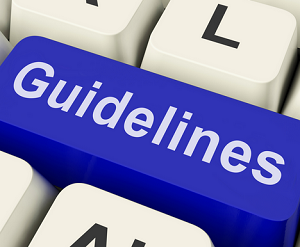Trucking Case: Regulatory Compliance Issues
Knowing how to approach the pre-suit investigation and pre-trial discovery of regulatory compliance issues is an essential part of obtaining a successful result in a trucking case. Often the initial step is to understand the size and scope of the defendant motor carrier. While not always true, small “mom and pop” motor carriers may be less likely to demonstrate full compliance with the regulations. In more than one case, a small motor carrier “president” has been unfamiliar with the requirement of a driver qualification process. Larger motor carriers, on the other hand, are far more likely to demonstrate at least some compliance with the rules, although the size of an operation may cause significant driver problems to fall through the cracks. In a perverse application of Murphy’s Law, the more employees involved with the compliance process, the greater the chance some requirement will go unsatisfied. Likewise, it is not unusual for different employees of a single motor carrier to have varying, even wildly so, understandings of what the regulations require. In some cases, taking depositions up the chain of command and across the safety department ranks may reveal clear evidence of corporate neglect, or outright ignorance, of regulatory requirements by the very people charged with ensuring compliance.
An attorney investigating a truck-related occurrence should also strive to quickly recognize the signs of a breakdown or breach in regulatory compliance and respond appropriately with tailored discovery requests or possible amendment of the complaint to add newly-uncovered claims. For example, what can appear to be a relatively simple and straightforward collision could develop into a case of full-fledged negligent entrustment or even give rise to a fraudulent record-keeping/creation claim. The attorney’s role in this regard includes the immediate issuance of a proper preservation of evidence, or “spoliation,” letter calibrated not only generically to motor carriers, but specifically to those issues spotted early on. The attorney’s gameplan should also include a thoroughly-detailed investigation into any potential breach of the regulations with an eye towards identifying the evidence that ties the collision to those breaches.
 Georgia Injury Lawyers Blog
Georgia Injury Lawyers Blog









